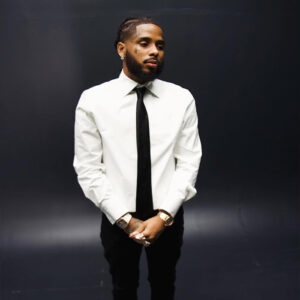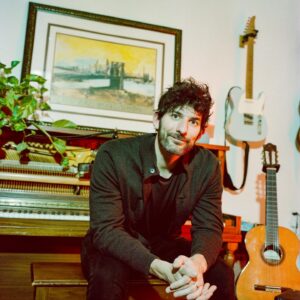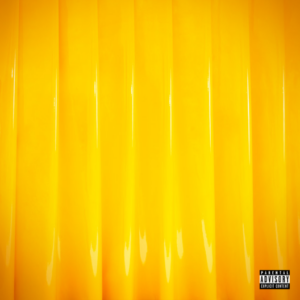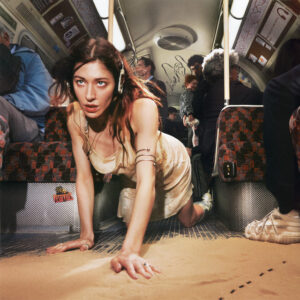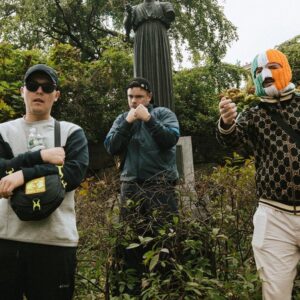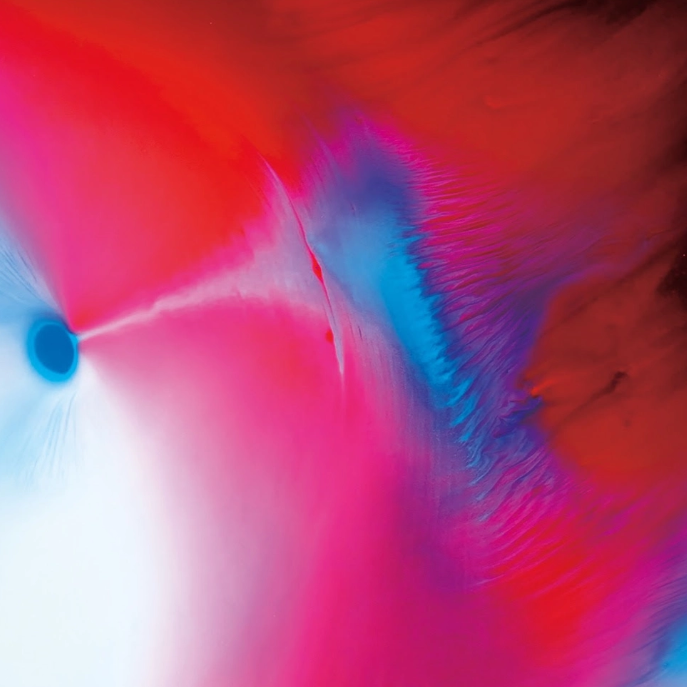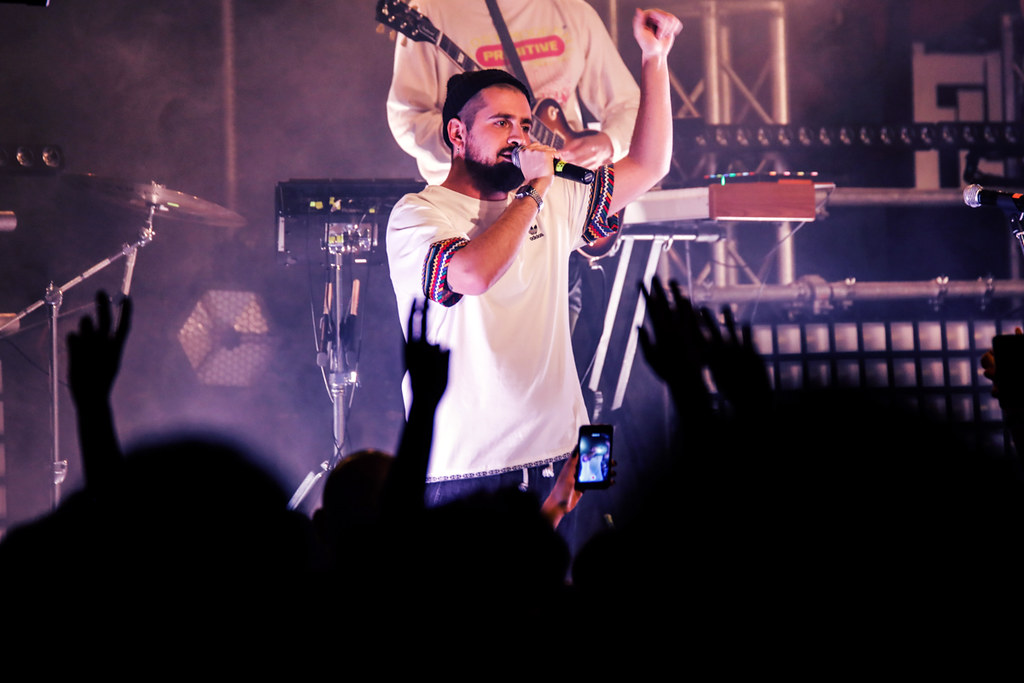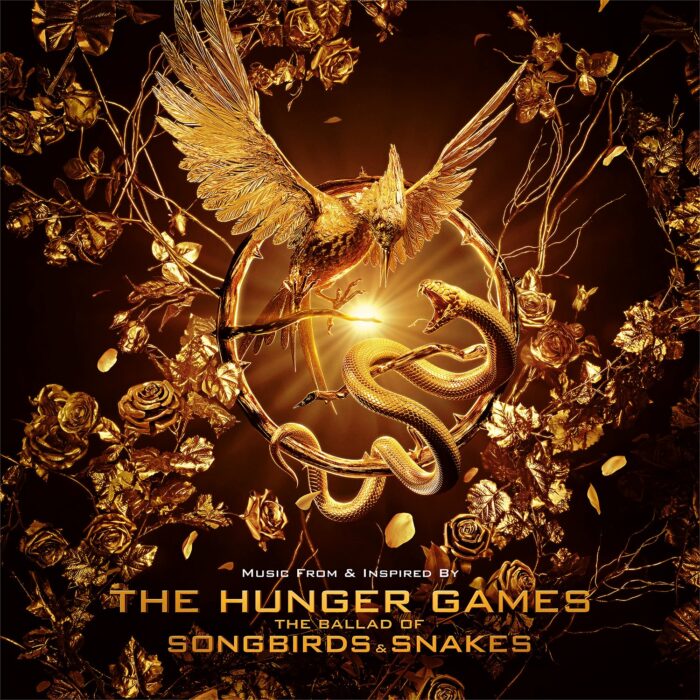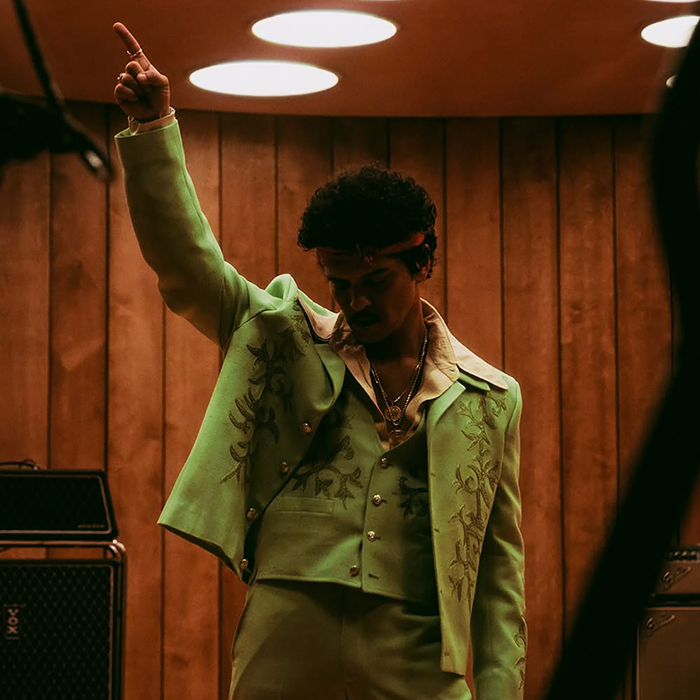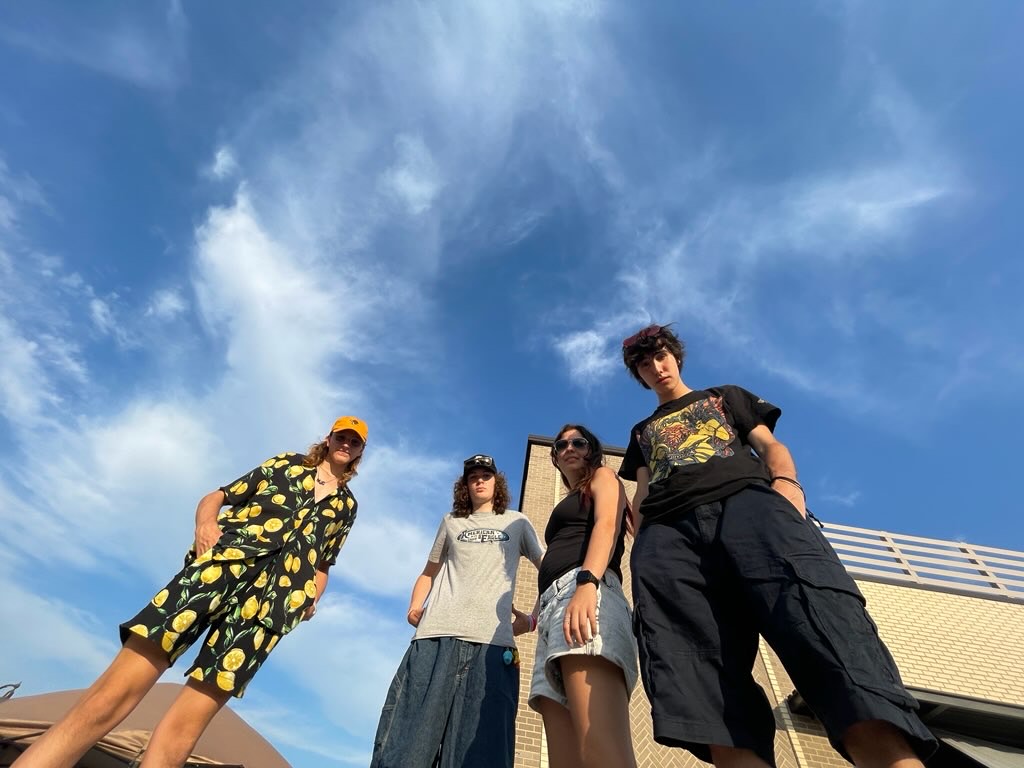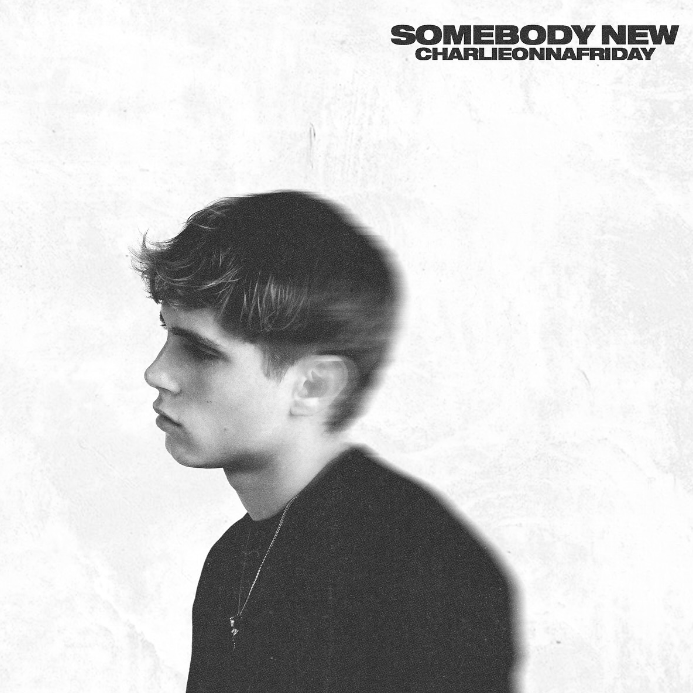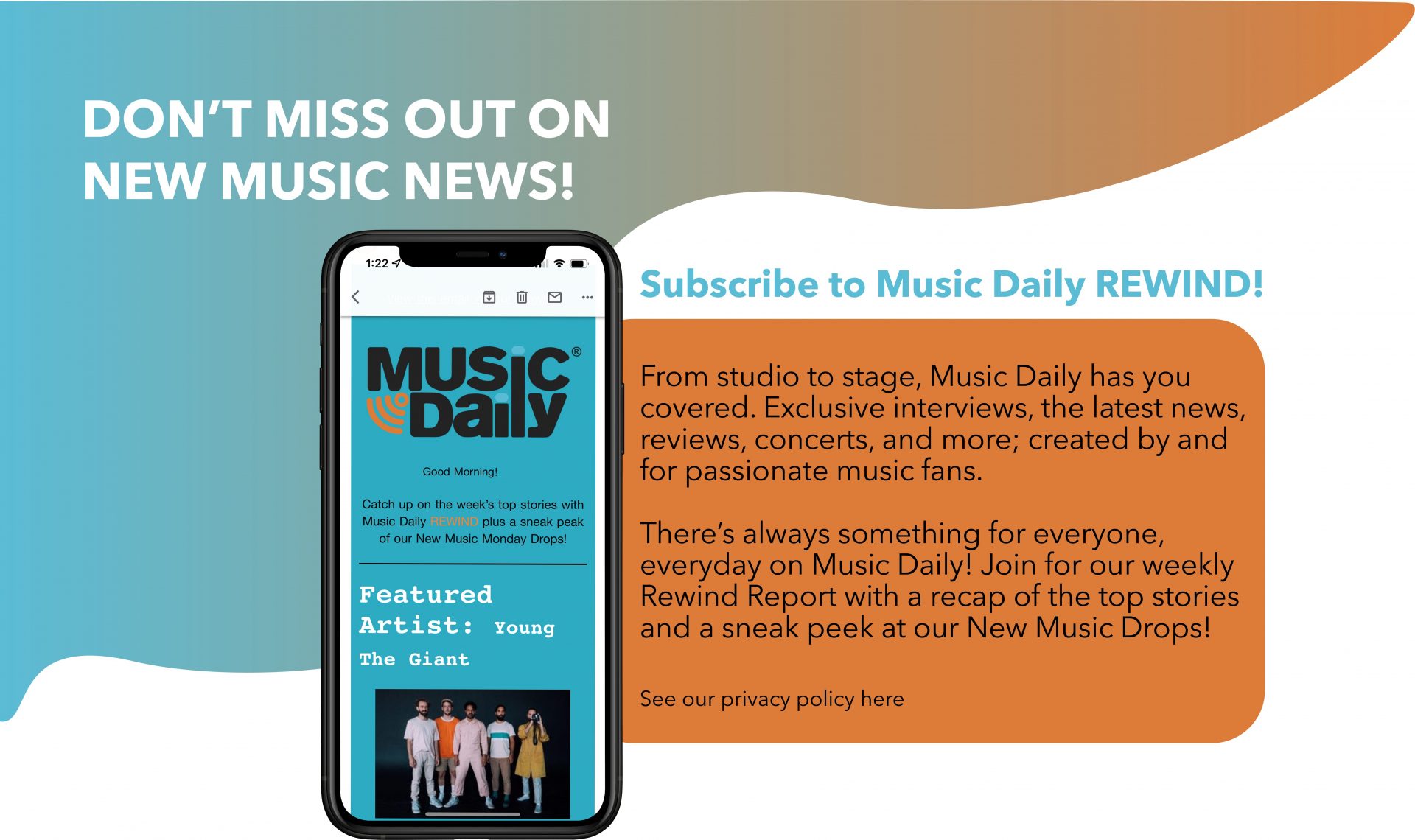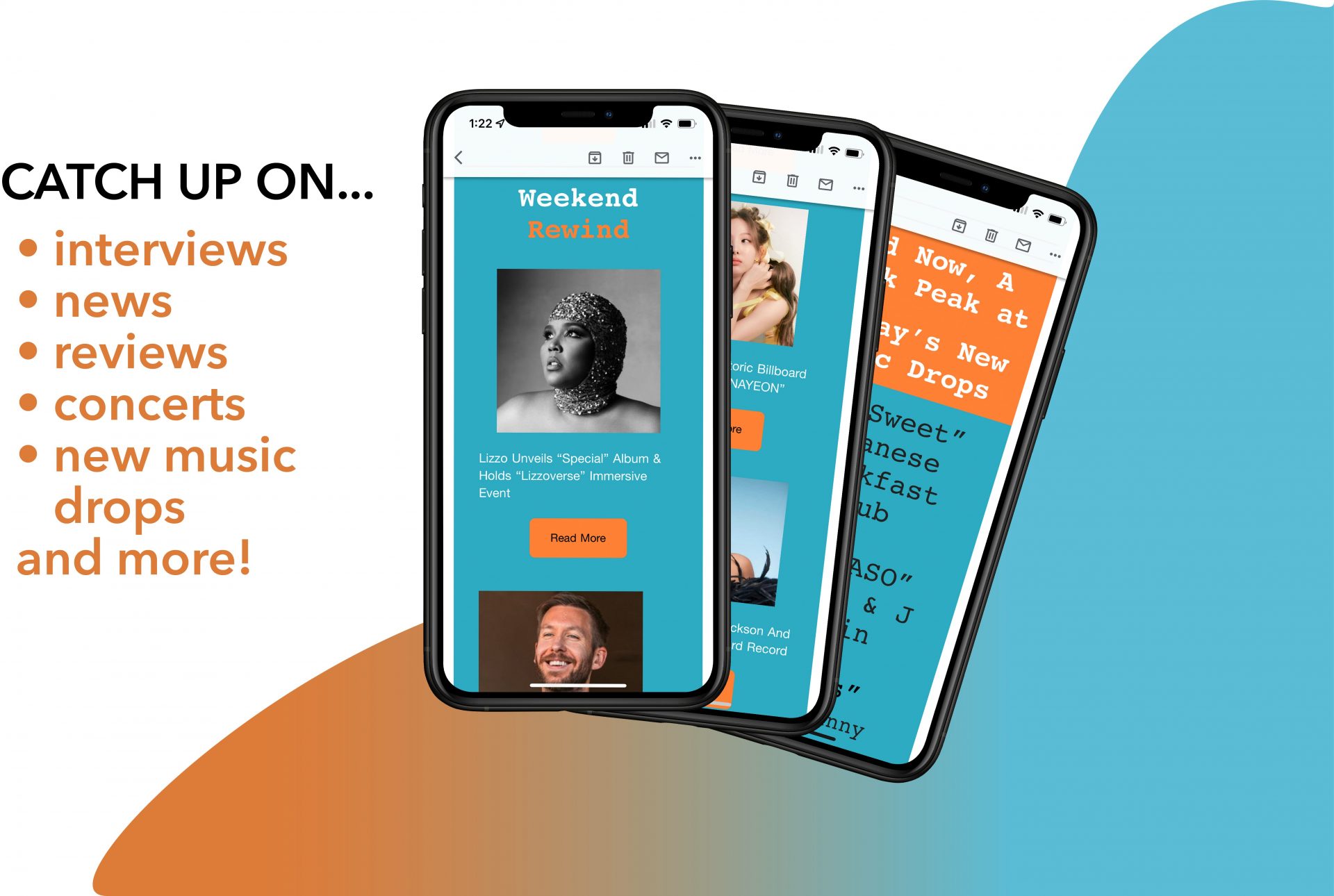We’ve been with the LA-based singer-songwriter step-for-step as he announced, teased, and finally released his latest, The Snake EP. We got the chance to catch up with Zuli Jr a few weeks following its release for a rangy sit-down discussing what makes the project his most personal yet, how his previous projects inform his current “signature sound,” and what he projects for his earnest next chapter.
The Snake EP is available now wherever you stream your music. Zuli Jr.’s next singles, “Makeout” and “Make Me Cry,” are due out on August 1st.
The full cuts of our interview with Zuli Jr. are available on our YouTube channel. Below, you can find a condensed video teaser and a print version of that complete conversation, edited for both clarity and length.
Congratulations on the release of The Snake! I wanted to start out by going backward a little bit. When did you start fleshing out the idea for this project? Tell us a bit more about how all this came together.
The project started when I moved. I was kind of just workshopping the songs and trying to figure out what my next move was. I had moved to LA, so as I was getting my bearings on things, I became friends with a producer named Max Harwood who was from a band called Louis Delmar. We started fleshing out the songs together, and that process was what informed the direction of the music, the production, and how things were shaping up. It was a process of getting back to my roots, focusing on the songwriting, the lyrics, and making sure everything was hitting “just so.” It was a really amazing vulnerable, emotional process of trying to get into the core of what makes a song good — no fluff.
Now that The Snake has had some time to breathe, what have the reactions to it been like? You’ve had a chance to perform it a few times, as well — how have people reacted in a live setting?
Honestly, it’s funny, a lot of my music in the past has been a little bit more attention-grabbing, upbeat, whatever you want to call it. Everything on The Snake is much more reserved, songs that make you lean in as a listener. So playing the title song, “The Snake,” at a recent gig was really interesting. People haven’t necessarily heard a song like that before. It’s a tough song in the sense that it’s almost about villainizing yourself — people resonate with that. Nobody’s perfect; people make mistakes. It’s just the way of life. People hurt people they don’t want to. But it is part of growth, it’s part of change.
It’s been cool to see something that is me at my most vulnerable resonate so much with people. They always say the thing you’re afraid to say is the thing you should start with. And I am first-hand proof that’s true.
Structurally, with The Snake being an EP, do you regard this as the third chapter in the Zuli Jr. story, or is this just a halfway point in between?
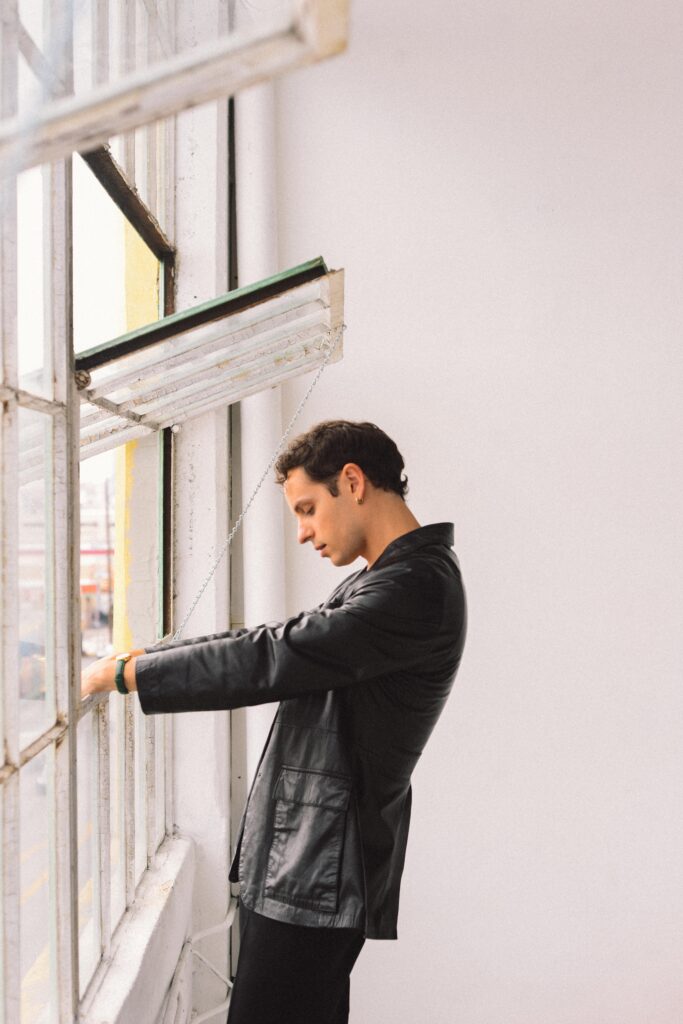
It’s a great question. We had a lot of conversations in the lead-up about whether to make this into a full album or keep it as something smaller and then follow up with another EP to make it a full-length. I did write more songs that continue the narrative, and I am going to put them out at some point.. But I do think that there’s something beautiful about a short piece of work that says what it needs to say. Despite it being an EP, it’s so heavy that, to me, it does feel like a fully fleshed-out project. I would almost say it’s “chapter 2.5.”
To get a bit more into the music, you start the EP off with “Me And My Song.” It begins with these chaotic drums, these distorted guitar lines, and it’s something that ends up coming back a few times on The Snake. What was it about that motif that caught your attention? What about it aligned with the story you were trying to tell on the record?
I think that heavy distortion paired with pop, melodic songwriting has been a bit of a through line despite all of my ebbs and flows as an artist. When we were doing those guitars, they just had this venomous, nasty, gnarly quality to them that me and Max both felt made for an obvious anchor to tie into the narrative elements. There were some spots, like on “Trust The Process,” where we tried to add it in again, but we wanted to be tasteful with it, adding that edge and cohesiveness without going overboard.
Earlier, you brought up the concept of vulnerability. On social media in the lead-up to this project, you didn’t shy away from how challenging it was to open up in your music this way. Was there anything that pushed you past that point and allowed you to include those emotions?
It was just realizing that I have no control. Especially now, when I’m actually in a whole other renaissance of “I have nothing to lose.” I’ve been doing this for a long time. I’ve had some really high highs, I’ve played with some amazing artists, I’ve toured, I’ve had label deals. And I’m kind of at square one again. While sometimes that can be a little discouraging, at the same time, it’s given me this sense of: “I might as well just be myself.” I might as well just say what I need to say, let the music speak for itself, and be authentic.
I’d moved to LA, I’d gone through a bad breakup. I was kind of picking up the pieces. This EP was something I was holding close to my chest; I needed to release it and speak my piece and say what I had to say. Honestly, I feel like in the social media campaigning and stuff for the EP, I almost feel like I could have gone even further. But at the same time, I don’t want to necessarily do anything clickbait-y. I wanted to make sure to give the integrity that the music deserves: “This is who I am, this is what I’ve been through.” Maybe you relate, maybe you don’t, and that’s okay too.
We’re only a couple years away from your first record, On Human Freakout Mountain, turning ten years old. If you could go back and speak to that version of Zuli Jr., what would you tell him?
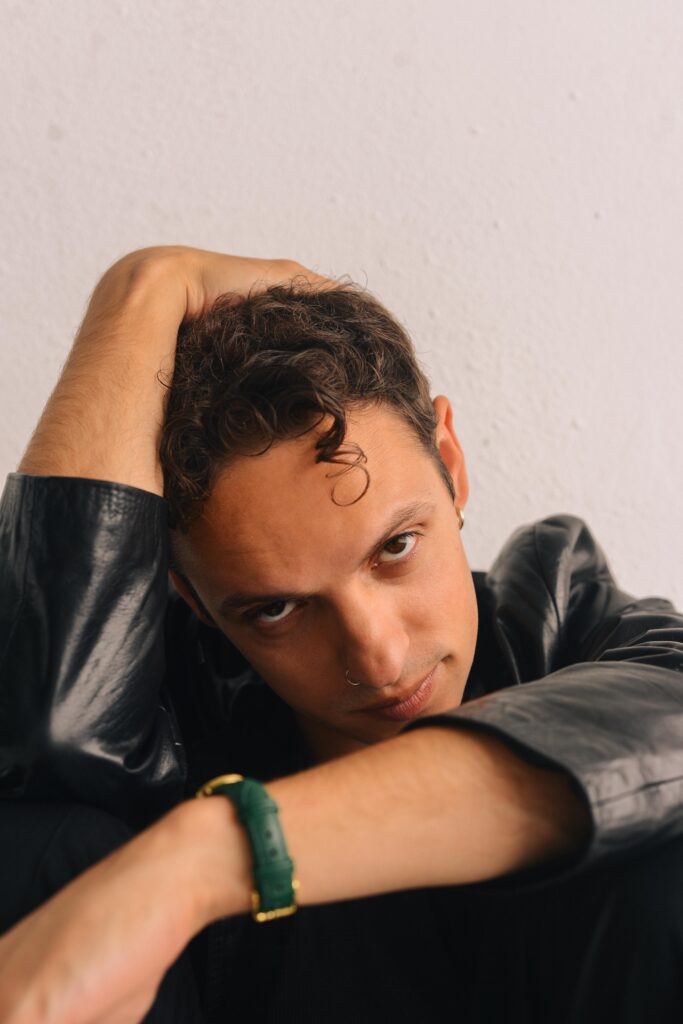
Oh my God, I’ve thought about this so much. I would tell him to realize that some of the people you’re with right now, you shouldn’t take for granted. You shouldn’t take any of this for granted. You should just enjoy it. I’d tell him to keep playing live, because I had to stop, which was a huge deterrent to the trajectory I was on. I’d tell him to hold onto his innocence and the confidence and the things that led him to that point. It was a bumpy comedown from that album, so I’d have an air of caution in that regard, but overall I’d tell him to keep doing what he was doing.
Between that record, Stop It God, and The Snake, you’ve tried your hand at some pretty distinct sounds. Is that kind of experimentation something you set out to do or just something that comes along the way?
No, I think I’ve become comfortable with what it takes for my music to sound like me. A lot of that experimentation has been a process of getting a better sense of that. On Human Freakout Mountain, in a lot of ways, is the freest piece of work I’ve ever made. I felt like I could do anything I wanted. At the same time, I think that album does lack a level of emotional songwriting. It’d take me a few years to really get a handle on that. Stop It God, a few other songs afterwards, and now The Snake is where I got more in touch with getting the lyrics, melody, and songwriting all on the same page. But I do sometimes miss some of the chaotic choices I would make during that time, unfazed or unbothered by anyone’s opinions about what I was doing.
It’s been an interesting ride, but as I get ready to get back in the studio again, don’t approach it with a mindset of “I’ve got to try this genre or that genre.” Everything I’ve done has been authentically me; it’s just been different aspects. At this point, I feel like I’m never going to have as hard of a jump sonically as what I did from On Human Freakout Mountain to Stop It God. I think I know a little bit better what fits within Zuli Jr. and what might be something I’m interested in that doesn’t need to appear in my music.
I feel like spirituality is a concept that makes pretty frequent appearances in your catalog. What do you think the role of spirituality in your music is?
I did go to Catholic school, but I’m very agnostic in my approach. I feel like I don’t know anything, but I do think religion can be very fascinating. One of the core concepts in the writing of Stop at God was that even if you can say you don’t believe in God, when you reach a moment of pure desperation when everything’s going wrong, everybody has that urge to reach to something higher than themselves. Overall, I think spirituality finds its way in my music in different ways. Even just the creative process is such a spiritual thing to me. For sure, my opinions and worldview are deeply embedded in the material, but I’m a conduit for things to come through me. It’s more of an “I feel it and it happens.”
“Spirituality” is definitely a broad term, but at least from a listener’s perspective, you have Stop It God, which tackles it in a very conventional way. Then you’ve got a few lines on The Snake like on “The Pistol:” “…she tried to sell me some crystals.” I feel like that does connect — things may take a winding route, but there’s echoes no matter which form it takes.
That line didn’t get enough credit! Also, “I grabbed those rocks by the fistful.” I thought that line was genius. I was so stoked on that line — maybe this is my opportunity.
You’ve got a fan in me in that regard.
There we go. That’s all that matters.
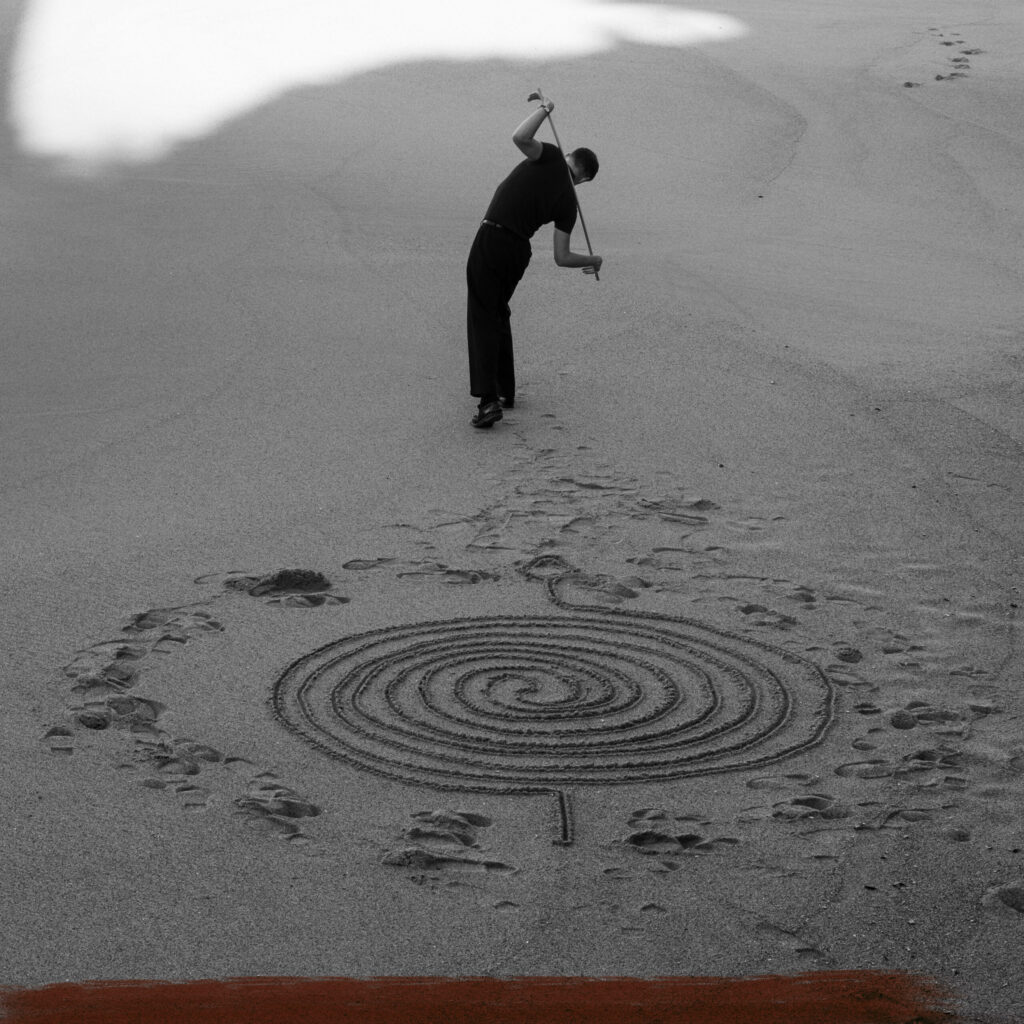
To close, I’m going to turn the script on you. You end The Snake with “Where Do We Go From Here,” so that’s my question. Where do we go from here? What’s next in the Zuli Jr story? Have you started thinking about what the next chapter of this journey is going to look like?
Previous to The Snake, I was working on a very back-to-roots kind of garage rock era of Zuli Jr. that I kind of abandoned, but the songs kept just reverberating in my head. I’m just like, man… I still really like those songs. As is, they aren’t necessarily demos; they’re a bit better than that, but they’re not as refined in recording as The Snake. Still, they’ve got this amazing energy to them, so I will be putting out those songs for summer 2025.
I’m sitting on about an album’s worth of new material overall, and I’m trying to figure out the next plan for recording them; whether I need to do them myself, if I’m going to bring them to Max again. The problem with being a small artist is the bread — the bread to make the record. But once I figure out the plan, I’m just excited for people to hear it, and I’m happy that people are excited to hear it. I’m trying to play more shows, as much as possible. So if you’re watching this and you want me to play in your backyard, I will do it. I’ll play in your backyard. (laughs) But yes, a lot more to come.


